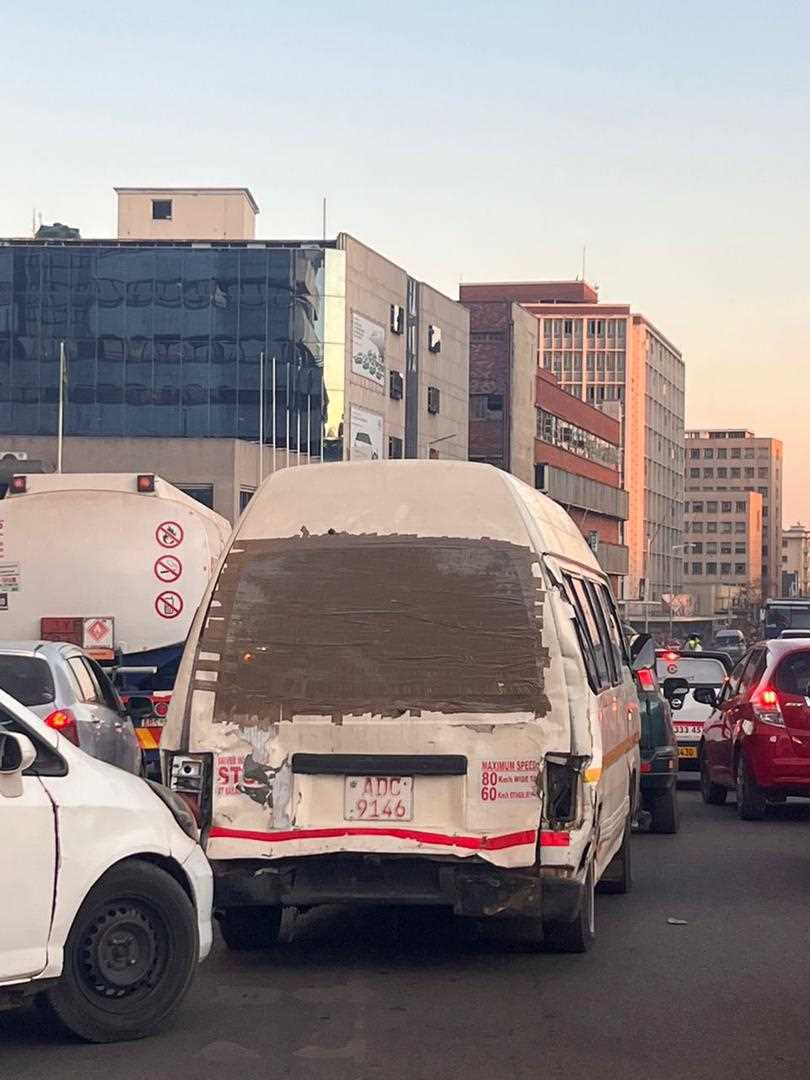
Oscar J Jeke and Witness Runodada
Zim Now Reporters
The mass transit system in zimbabwe has over the years deteriorated owing to a number of factors, chief among them being corruption of law enforcement officers, who have formed their own illegal economy based on pirate mushikashika operations across the country’s roads.
According to Zimstats, 13,552 road traffic accidents were reported during Q4 2023, a 7.9% from 12,564 reported in Q3, 2023. The Traffic Safety Council of Zimbabwe said that 453 people died on Zimbabwe’s roads in Q1, 2024 while 2450 were injured in the same period. Millions worth of items including motor vehicles are destroyed annually due to the scourge.
The pay-for-passage activities have resulted in unwitting complicity by the commuting public who are the main victims caught in the middle.
A week long investigation by Zim Now unearthed unethical behavior and corrupt practices by law enforcement dealing in the traffic system, with police and council officers systematically engaging in bribery and extortion.
Clear examples in the public domain include permanent illegal mushika-shika ranks like the one along Sam Nujoma Street starting at NSSA House and going all the way beyond Josiah Tongogara.
While efforts to clear the place were intensified during the SADC Summit in August, it is now back to normal with kombis and big buses creating havoc as they stop where they like and self-appointed rank marshals AKA mahwindi thrive on creating havoc on the roads aided by reckless kombi drivers.
Zimbabwe police have attributed the high rate of road crashes to reckless driving. Kombi drivers are well known for driving against traffic, using the turning lane while going straight ahead, stopping at dangerous points, illegal manoeuvres to be the front placed vehicle and traffic light stops, and forcing their way into adjacent lanes among
Citizens interviewed by Zim Now said that other road users have now accepted dangerous behaviour as normal because of the complicit law enforcement officers who allow such things to happen.
“You see a battered kombi that should not be on the road moving freely every day. It is clear that it passes through police checkpoints and is allowed to operate. Same story with municipal cops. Why are they not tough on these death traps?” Maxwell Kunonga of Kuwadzana queried.
Tino Guhudzai of Dzivarasekwa said it disempowers passengers when police at checkpoints and kombi crews are clearly friendly.
Related Stories
“You hear them joking and calling each other by name which shows they are old friends. So what choice do you have? You just get onto whatever vehicle that comes first and go where you need to be. Clearly there is nowhere to report bad behaviour. It is what it is and you just pray that you reach your destination safely,” said Guhudzai.
She said she has been involved in two minor road crashes as a passenger on a kombi but she has no option but to continue using the dangerously driven vehicles.
“I can’t afford a vehicle and the Zupco buses are just not efficient. Sometimes they are there, sometimes they are not there. So I can’t really avoid kombis though it feels like signing my own death warrant every time I board one,” said Guhudzai.
Kombi crews told these reporters that they pay US$5 a day to pass through police checkpoints with minimal fuss while some pay weekly. They said as long as one is paid up, considerations like the state of the vehicles or loading limits are irrelevant.
A Harare City Council traffic officer who lives in one of Harare’s high density suburbs to the east of the CBD told that he has assured daily income from illegal transport operators.
“My wife keeps bank card where my pay is credited. I don’t really ask how she spends it because that is not our main income. On a bad day I go home with around US$50, but normally I get like US$70-80 depending on my lunch expenditure, ‘imbwa inodyira payakasungirirwa bamunini’.
“I collect more but I have to give my bosses something as well to remain deployed to the traffic department because that is the most profitable department, and these bosses of mine sometimes cover for me when I get into trouble and I just have to give them like US$300 or 400 to stop any investigation.”
At one road block along a highway near a junction that has become a black spot for deadly crashes, officers with a motorbike usually stop kombis, overloaded trucks and those forming third lanes. But few arrests are made. Kombi crews said they pay fines of upto US$45 but are issued with the tickets of just US$10 or US$15. But because they are threatened with impounding of vehicles, they just pay up and go.
A kombi driver who operates on the Glenview-CBD route said, "Last week we were clamped by the city traffic. We paid US$120 as fine but only US$57 was acknowledged on the receipt.”
He also said that because it is just being unlucky rather than bad behaviour itself that is punished, kombi drivers have normalised driving as they wish rather than by the rule book.
A conductor on the same route said, “At the roadblocks traffic officers tell us that they do not have ticket books, so we just give them US$5, or else we risk being taken to the police camp.”
He said the vehicles are let go without any road worthiness checks.
The ZRP police spokesperson Commissioner Paul Nyathi is on record as saying that the force does not condone corruption and encourages the public to report all cases.










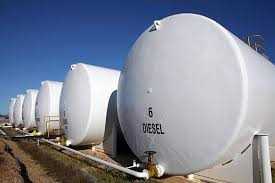
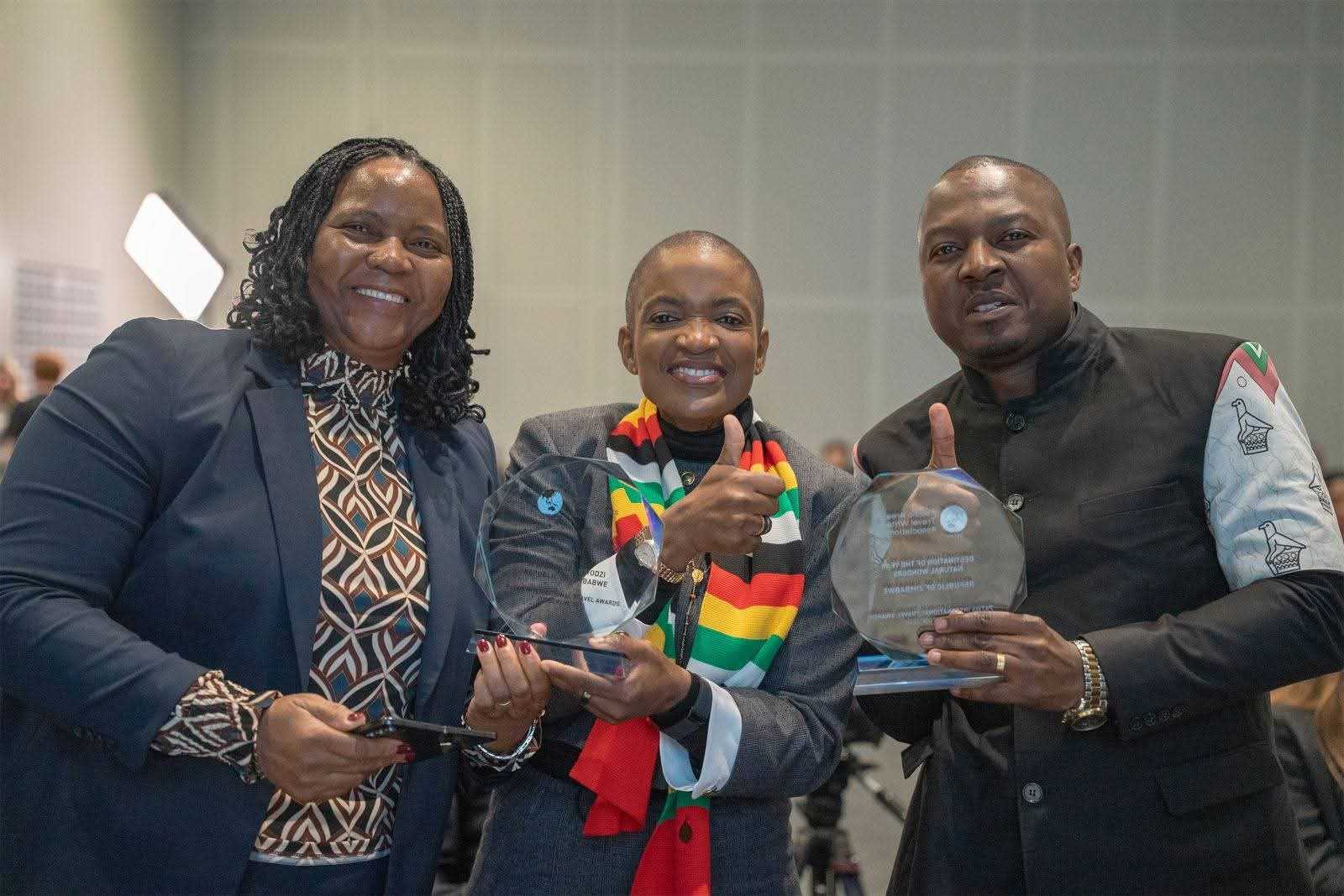
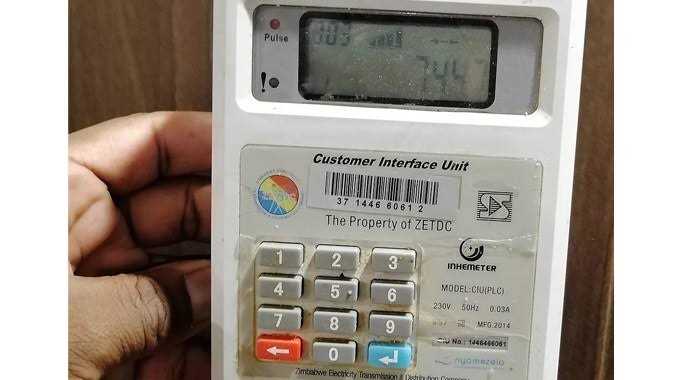

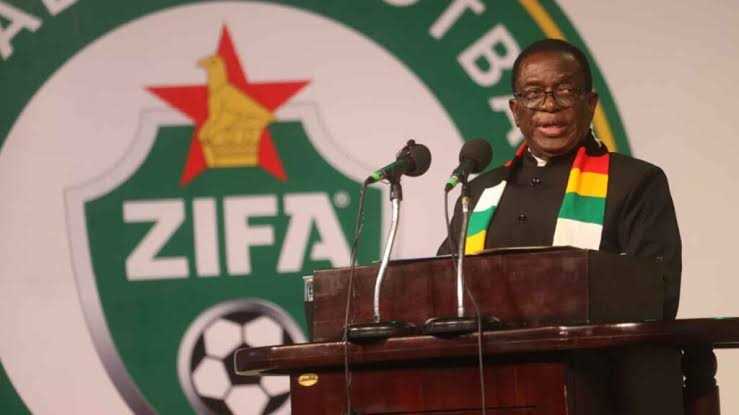
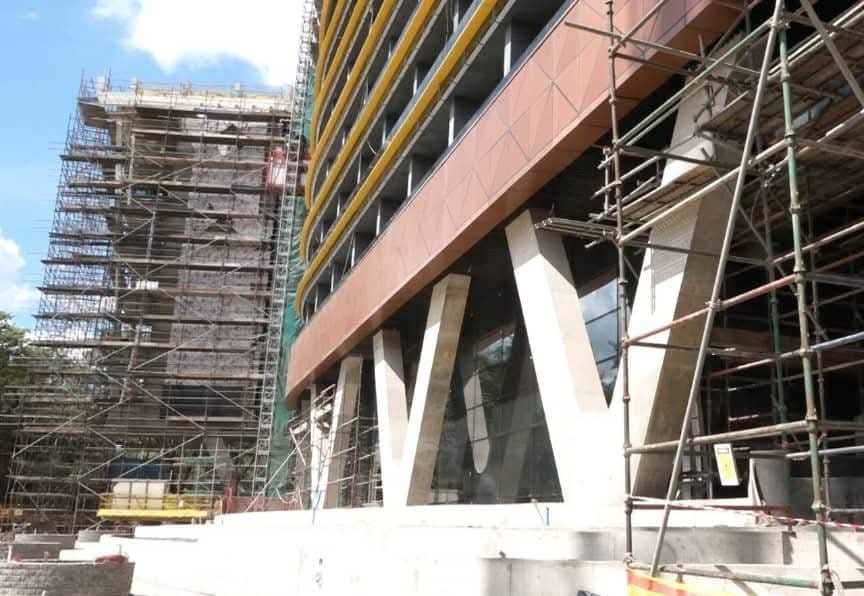


Leave Comments